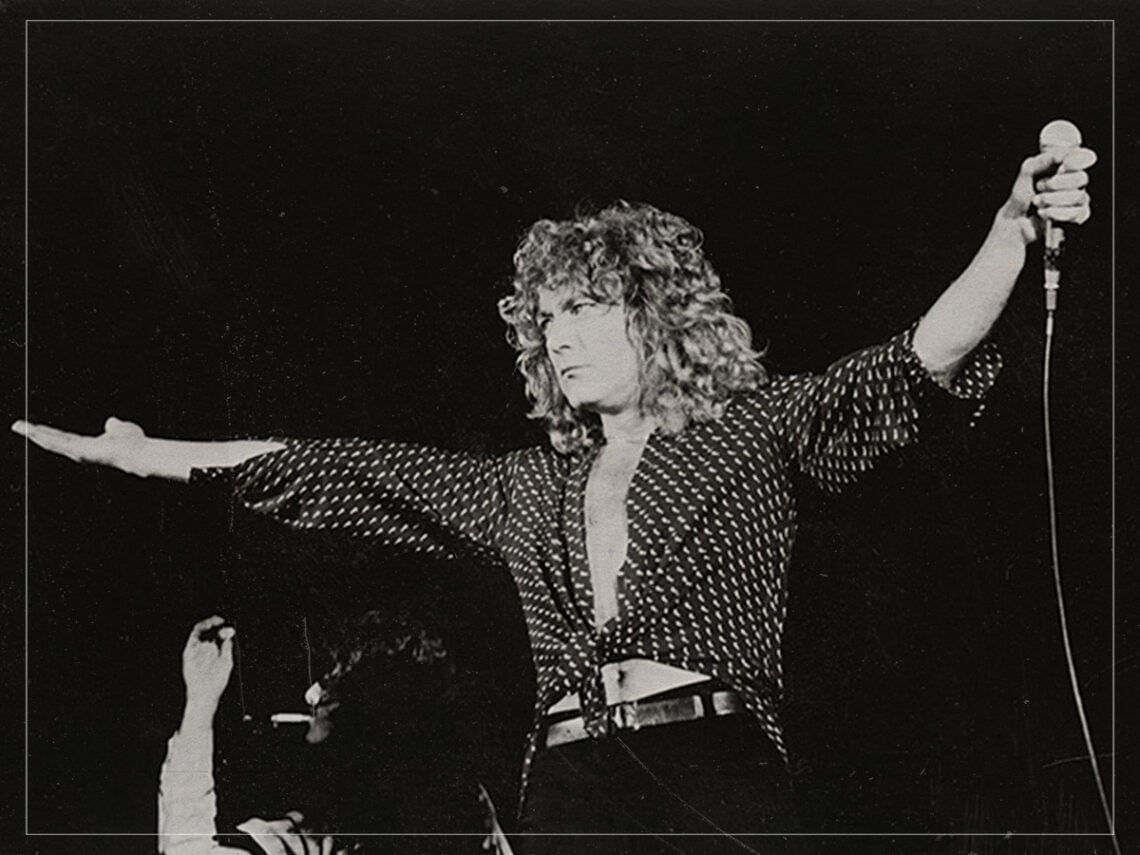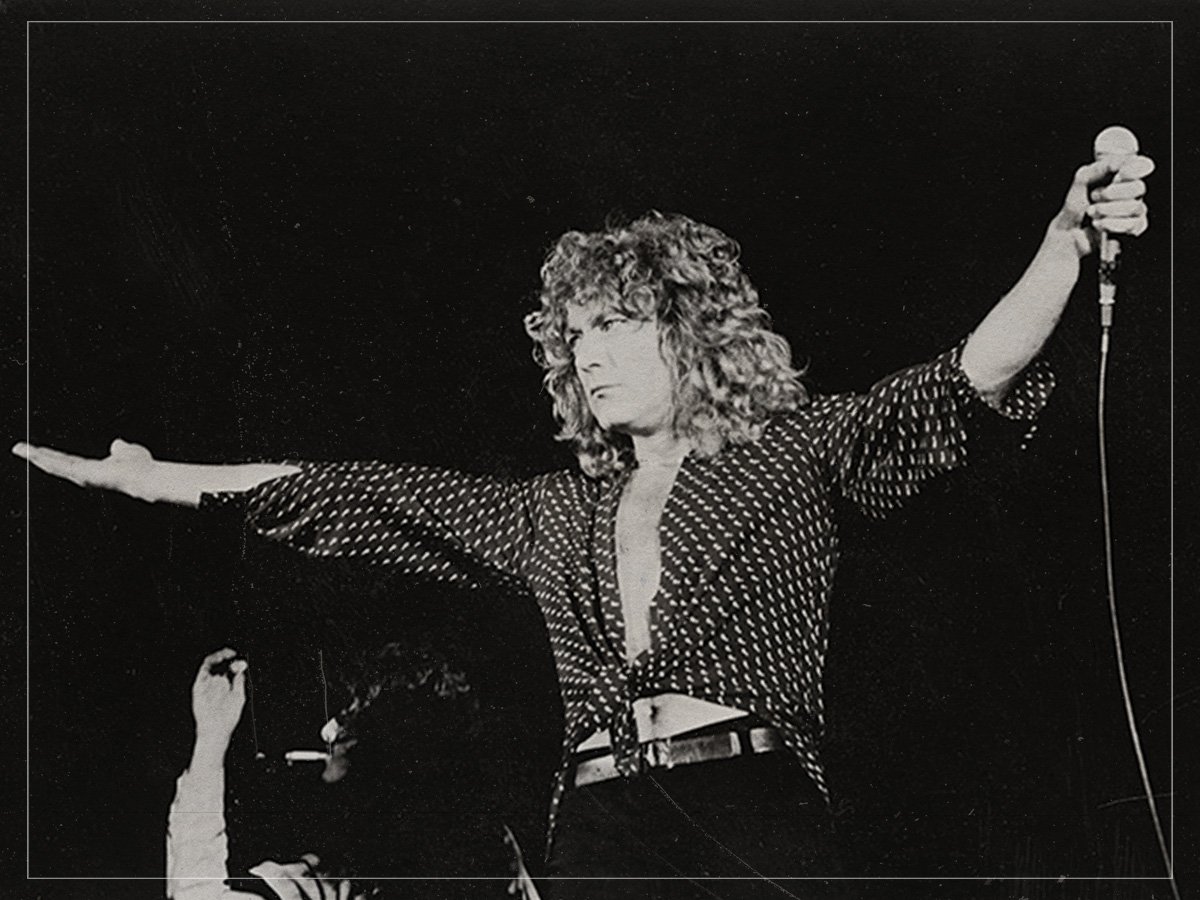
(Credits: Far Out / Led Zeppelin)
Sun 28 September 2025 16:00, UK
Robert Plant didn’t get into music to become ‘The Golden God’ that everyone claimed him to be.
He simply wanted to make the best music he could, and while Led Zeppelin did give him a lot more notoriety than he had hoped for, he would have been equally as happy playing the music that he wanted in a festival rather than in stadiums all across the world. But even with Led Zeppelin’s knack for musical perfection, Plant knew that a handful of artists could do no wrong in his book.
When listening through Zeppelin’s first records, it’s a lot easier to hear where Plant was getting a lot of his influences, and not always in a good way. Given the fact that half of the track list of Led Zeppelin’s first album is littered with covers, it was clear that Plant wasn’t ready to embrace the kind of persona that he would soon gravitate towards, and even when he was making his own masterpieces like ‘Whole Lotta Love’, there was still the sounds of people like Willie Dixon slowly working their way into his lyrics.
A lot of people may have needed to get paid off for the band to keep moving, but it was more than old blues records in ‘Percy’s catalogue. He had started off as a recovering hippy when he first got the gig jamming with Zeppelin, but when they started to get a bit more experimental on Led Zeppelin III, there was a lot more focus on the acoustic songs that he had been brought up on.
There were bound to be a few more blues tunes like ‘Since I’ve Been Loving You’, but tunes like ‘Gallows Pole’ and the B-side ‘Hey Hey What Can I Do’ were where his heart really was. He had followed in the footsteps of songwriters like Joni Mitchell for the longest time, and while there was a much heavier slant to what he was doing with Jimmy Page, there were even a few callbacks to The Byrds’ hits.
After all, the signature chime of Zeppelin’s guitar sound on ‘The Song Remains the Same’ could have easily come from Roger McGuinn if it was under a different circumstance. Both bands were speaking two musical languages, but when looking at their track record for going in a more country direction, Plant was convinced that there was no way that The Byrds could ever release a bad record.
There were definitely a few that didn’t resonate with the fans, but the sheer musicianship on display made everything sound great to Plant, saying, “The Byrds – they can do anything and it’ll be good. Those are the groups, the ones who have an atmosphere, and I’d really like to think that we’re one of them, in our own way. It isn’t just a teenybopper-swinging-the-mic-around thing, there’s something else going on.”
And it’s not like the band didn’t take a few cues from the band along the way. Sweetheart of the Rodeo may have been the next phase of what McGuinn was looking to do, but listening to Zeppelin’s folksy ballads, they were doing the more bluesy interpretation of what a band like that would have done.
But perhaps the biggest draw that Plant saw with The Byrds back then was seeing the other side of rock and roll. In the back of his mind, he knew he could never play this kind of music forever, so hearing McGuinn make his living doing more downtempo material is what led him to working with people like Alison Krauss later down the line.
Related Topics
The Far Out Led Zeppelin Newsletter
All the latest stories about Led Zeppelin from the independent voice of culture.
Straight to your inbox.

